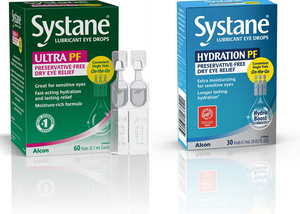Do you find yourself a bit alarmed at the sight of more hair strands in your brush lately? Trust me, that kind of worry doesn't spare anyone. In times like these, it's natural to start questioning every part of our hair care routine.
Is my clarifying shampoo doing more harm than good?.
As I dug deeper into this question, I found out something interesting. Yes, clarifying shampoos are excellent for getting rid of product buildup and residue, but they can also strip away natural oils if used too frequently.
This could lead to dryness and brittleness - not exactly what we're looking for.
So now the complex question beckons - Can the use of clarifying shampoos actually cause hair loss or thinning? In this insightful blog post, we'll peel back the layers on this topic and discover how to strike a balance between a clean scalp and healthy hair without any sacrifices.
Together let's journey towards vanquishing those worries about potential damage! So buckle up as we dive deep into achieving healthier tresses while keeping them squeaky-clean.
Key Takeaways
- Clarifying shampoo can potentially cause hair loss if used excessively because it strips away natural oils and moisture, making the hair brittle and prone to breakage.
- Ingredients such as sulfates, alcohol, and harsh cleansing agents found in clarifying shampoos may contribute to hair loss and scalp damage.
- It is important to choose a shampoo that suits your specific hair type and avoid using clarifying shampoo too often. Using it once or twice a month for regular hair types is recommended.
What is Clarifying Shampoo and How Does it Work?
Clarifying shampoo is a deep-cleaner. It washes away chemicals, waxes, and leftover stuff from other hair products. This kind of shampoo gets all the dirt out of your hair. But it can also take away oils and moisture that your hair needs to stay healthy.
Using this type of shampoo often may not be so good for your hair. It can leave it dry and breakable. Also, it can make your scalp itch. Still, these shampoos serve an important job.
They get rid of buildup in the hair which other shampoos might miss. So you should use them some times but not too much.
After washing with clarifying shampoo, switch back to regular one next time you wash your hair!
Clarifying Shampoo and Hair Loss
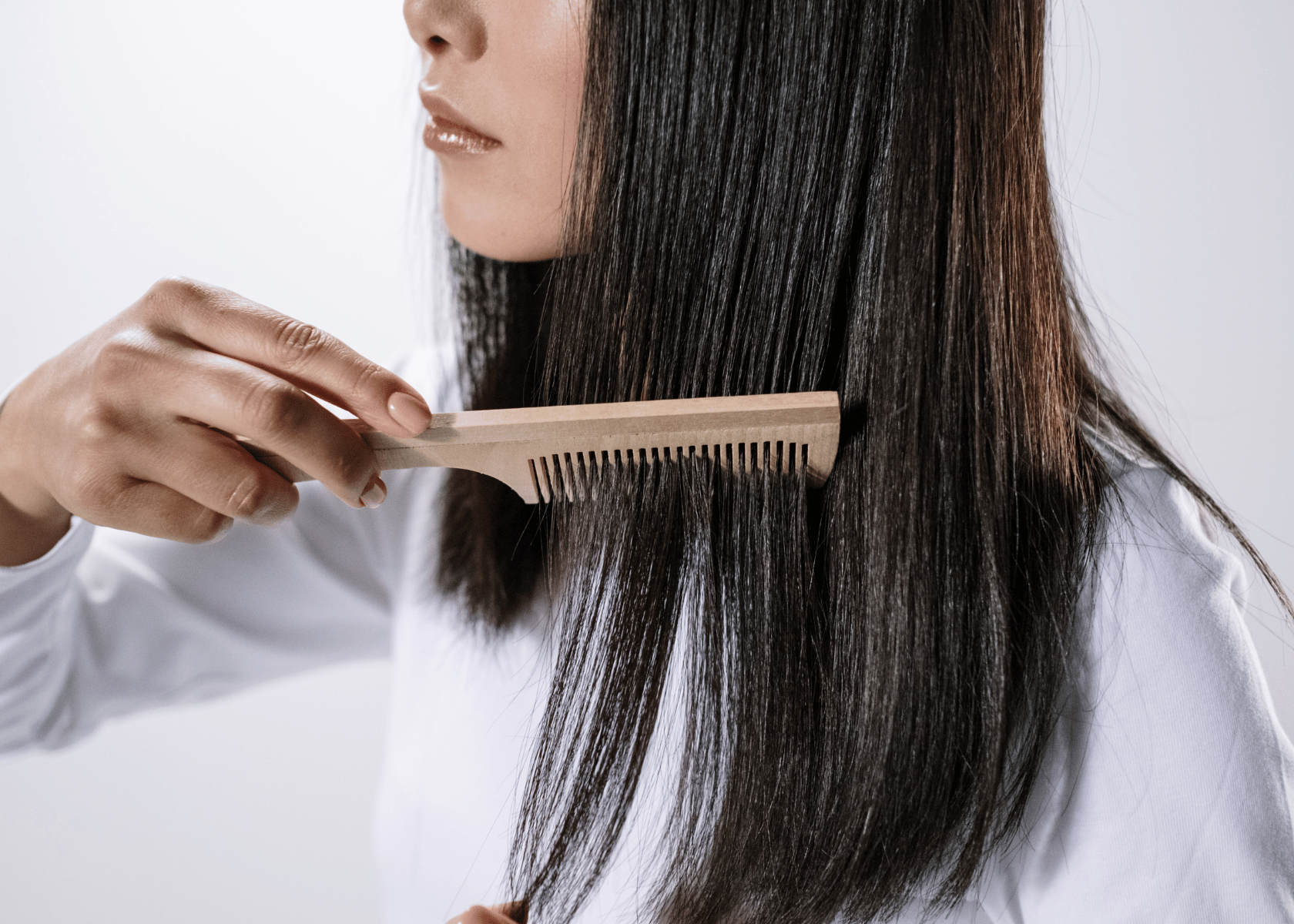
Can excessive use of clarifying shampoo lead to hair loss? It's a question that many people have, and in this section, we'll explore the potential connection between clarifying shampoo and hair loss.
Can excessive use of clarifying shampoo cause hair loss?
Excessive use of clarifying shampoo can potentially lead to hair loss. When used too often, clarifying shampoos can strip the hair of its natural oils and moisture, making it brittle and prone to breakage.
While clarifying shampoos are designed to remove product buildup and residue, using them excessively can also damage the scalp and hair follicles. However, it's important to note that clarifying shampoo itself will not make your hair fall out.
It is recommended to use a regular shampoo after using clarifying shampoo and limit the frequency of use to avoid potential damage and maintain healthy hair growth.
Common ingredients in clarifying shampoo that may contribute to hair loss
Some common ingredients found in clarifying shampoos that may contribute to hair loss include sulfates, alcohol, and harsh cleansing agents. Sulfates like sodium lauryl sulfate (SLS) can strip the hair of its natural oils, leading to dryness and breakage.
Alcohol, such as denatured alcohol or ethanol, can also be drying and damaging to the hair follicles. Harsh cleansing agents can cause scalp irritation and excessive shedding. It's important to read the labels carefully and choose clarifying shampoos with gentler ingredients if you're concerned about potential hair loss.
Potential damage to the scalp and hair follicles
Using clarifying shampoo excessively can potentially damage the scalp and hair follicles. This is because clarifying shampoos are designed to deeply cleanse the hair by removing product buildup, oils, and residue.
However, the harsh cleansing agents in these shampoos can strip away the natural oils that protect the scalp and keep our hair healthy. When this happens, it can lead to a dry scalp, irritation, excessive hair shedding, and even breakage.
Over time, repeated use of clarifying shampoo without proper moisturization can weaken the hair follicles and make them more prone to damage. It's important to strike a balance when using clarifying shampoo and ensure that you provide adequate nourishment and hydration to your scalp and hair afterward.
Choosing the Right Shampoo for Your Hair Type
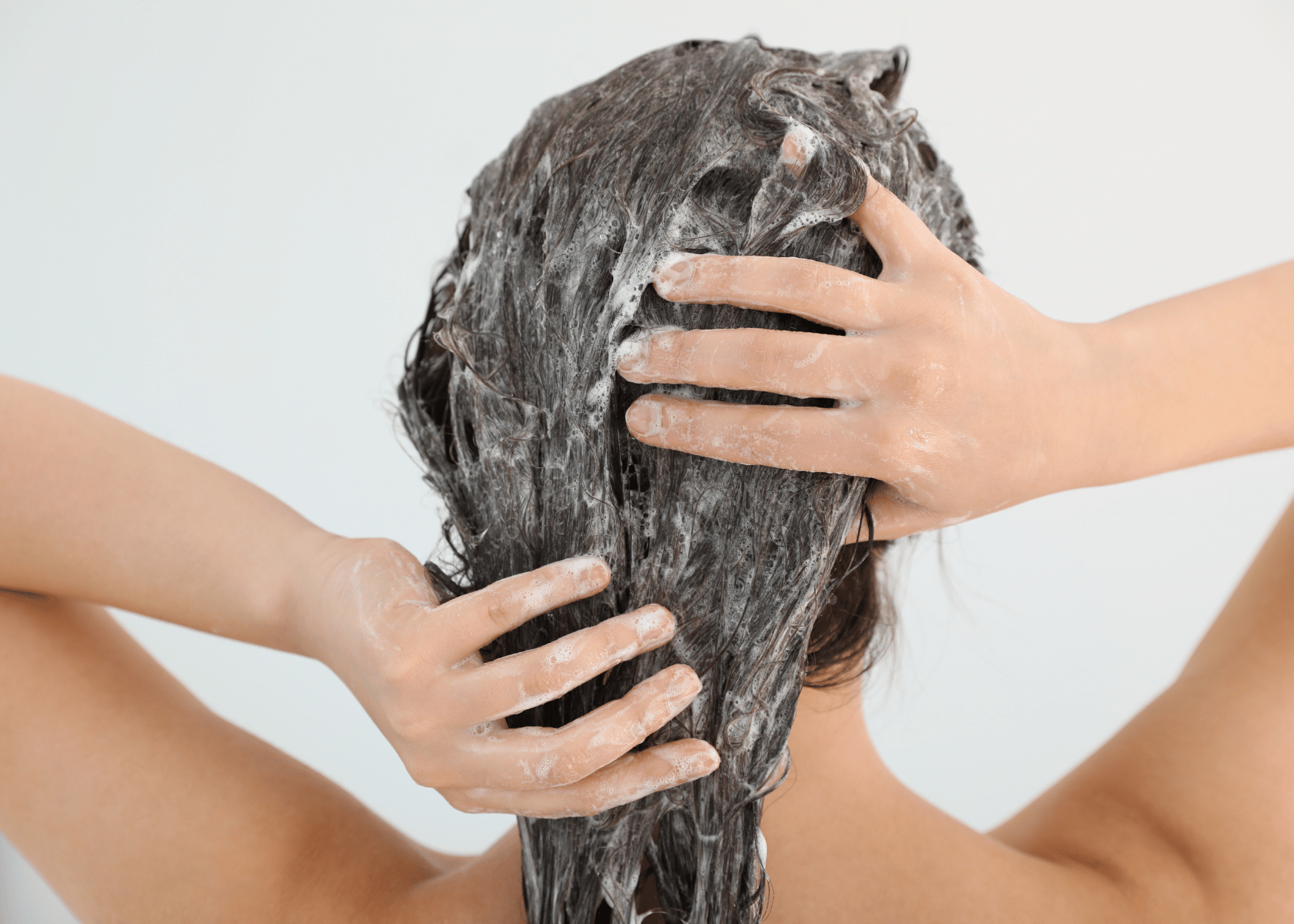
Are you struggling to find the perfect shampoo for your specific hair type? Don't worry. I've got you covered! Whether you have thinning hair, curly locks, oily strands, or dry tresses, I will provide you with the best shampoo recommendations to keep your hair healthy and vibrant.
Keep reading to discover the ideal shampoo for your unique needs.
Best shampoos for thinning hair
When it comes to finding the best shampoos for thinning hair, there are a few key ingredients and formulations to look out for. Firstly, shampoos containing biotin can help strengthen hair follicles and promote healthy hair growth.
Another important ingredient is caffeine, which can stimulate blood flow to the scalp and encourage hair growth. Additionally, shampoos with keratin can help improve the strength and thickness of individual strands of hair.
It's also beneficial to choose a shampoo that is free from harsh chemicals and sulfates, as these can further damage brittle or thinning hair. Ultimately, finding the right shampoo for your specific needs may involve some trial and error, but opting for ingredients that nourish and strengthen the scalp can be a good place to start on your journey towards healthier-looking locks.
Best shampoos for curly hair
Having curly hair can be a beautiful and unique feature, but it also requires special care. When it comes to choosing the best shampoo for curly hair, there are a few things to keep in mind.
Look for shampoos that are specifically designed for curly hair, as they often contain ingredients like shea butter or coconut oil that can help moisturize and define your curls. Avoid shampoos with harsh sulfates, as these can strip away natural oils and leave your hair dry and frizzy.
Instead, opt for sulfate-free options that will cleanse your scalp without damaging your curls. Additionally, look for shampoos with hydrating properties to help combat frizz and promote healthy-looking curls.
Best shampoos for oily hair
For those with oily hair, finding the right shampoo is important to balance oil production and keep your hair looking fresh. Look for shampoos that are specifically designed for oily hair, as they can help control excess oil and prevent greasy roots.
Ingredients like tea tree oil, lemon extract, or witch hazel are known to be effective in reducing oiliness. Also, opt for shampoos that are labeled as "clarifying" or "oil-controlling" to deeply cleanse your scalp and remove any buildup.
Remember to avoid heavy conditioners that can weigh down your hair - stick with lightweight formulas or consider using a conditioner only on the ends of your hair if necessary.
Best shampoos for dry hair
If you have dry hair, it's important to choose a shampoo that will provide the right amount of moisture. Look for shampoos specifically designed for dry hair, as they are formulated with ingredients that help hydrate and nourish your strands.
Some of the best shampoos for dry hair include those with moisturizing agents like shea butter, coconut oil, or argan oil. These ingredients can help replenish moisture and improve the overall health and appearance of your hair.
Additionally, look for shampoos that are sulfate-free, as sulfates can strip away natural oils and further contribute to dryness. By using a shampoo tailored to your specific needs, you can keep your hair hydrated and prevent further damage caused by dryness.
Tips for Using Clarifying Shampoo
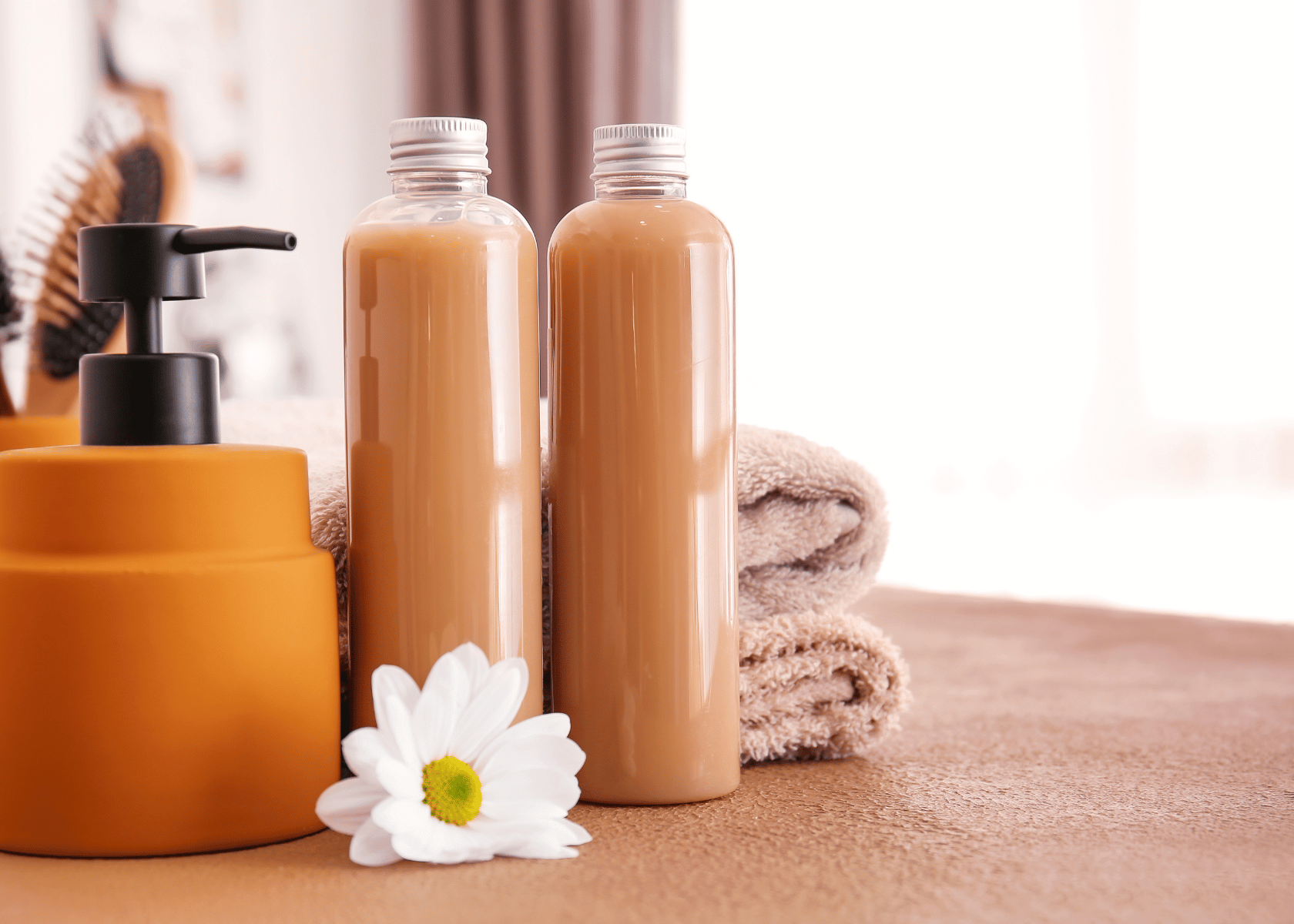
To maximize the benefits of clarifying shampoo, it is important to use it in moderation and follow these tips:
Lather up your hair thoroughly, concentrating on the scalp
Rinse well to remove all traces of product
Avoid using other styling products immediately after using clarifying shampoo
Limit usage to once or twice a month for regular hair types, and less often for colored or chemically treated hair.
How often to use clarifying shampoo
I use clarifying shampoo once a week to remove buildup from my hair. Using it too often can strip away the natural oils and moisture, which can make my hair dry and brittle. So, it's important to find the right balance and not overdo it with clarifying shampoo.
Proper application and rinsing techniques
To get the best results from clarifying shampoo, it's important to use proper application and rinsing techniques. First, wet your hair thoroughly with warm water. Then, apply a small amount of clarifying shampoo to your palms and work it into a lather.
Massage the shampoo into your scalp using gentle circular motions. Make sure to focus on areas where there is product buildup or oiliness.
After massaging your scalp, distribute the lather through the lengths of your hair, from root to tip. Allow the clarifying shampoo to sit on your hair for about 2-3 minutes before rinsing thoroughly with warm water.
It's crucial to rinse out all traces of shampoo completely as any leftover residue can lead to dryness and potential damage.
Once you've rinsed out the clarifying shampoo, follow up with a regular moisturizing conditioner or deep conditioning treatment to replenish moisture and restore softness.
Remember that clarifying shampoos are strong cleansers meant for occasional use rather than everyday washing. Using them too frequently can strip away natural oils and leave your hair feeling dry and brittle.
Alternatives to clarifying shampoo
If you're looking for alternatives to clarifying shampoo, there are a few options you can try. One option is using apple cider vinegar mixed with water as a rinse after shampooing.
This can help remove buildup without stripping the hair of its natural oils. Another alternative is using a gentle sulfate-free shampoo that is specifically formulated for removing product buildup.
You could also try using a clarifying conditioner instead of shampoo, which can help remove residue while still providing moisture to the hair. Lastly, incorporating regular scalp exfoliation into your routine can help keep the scalp clean and free from buildup.
FAQs
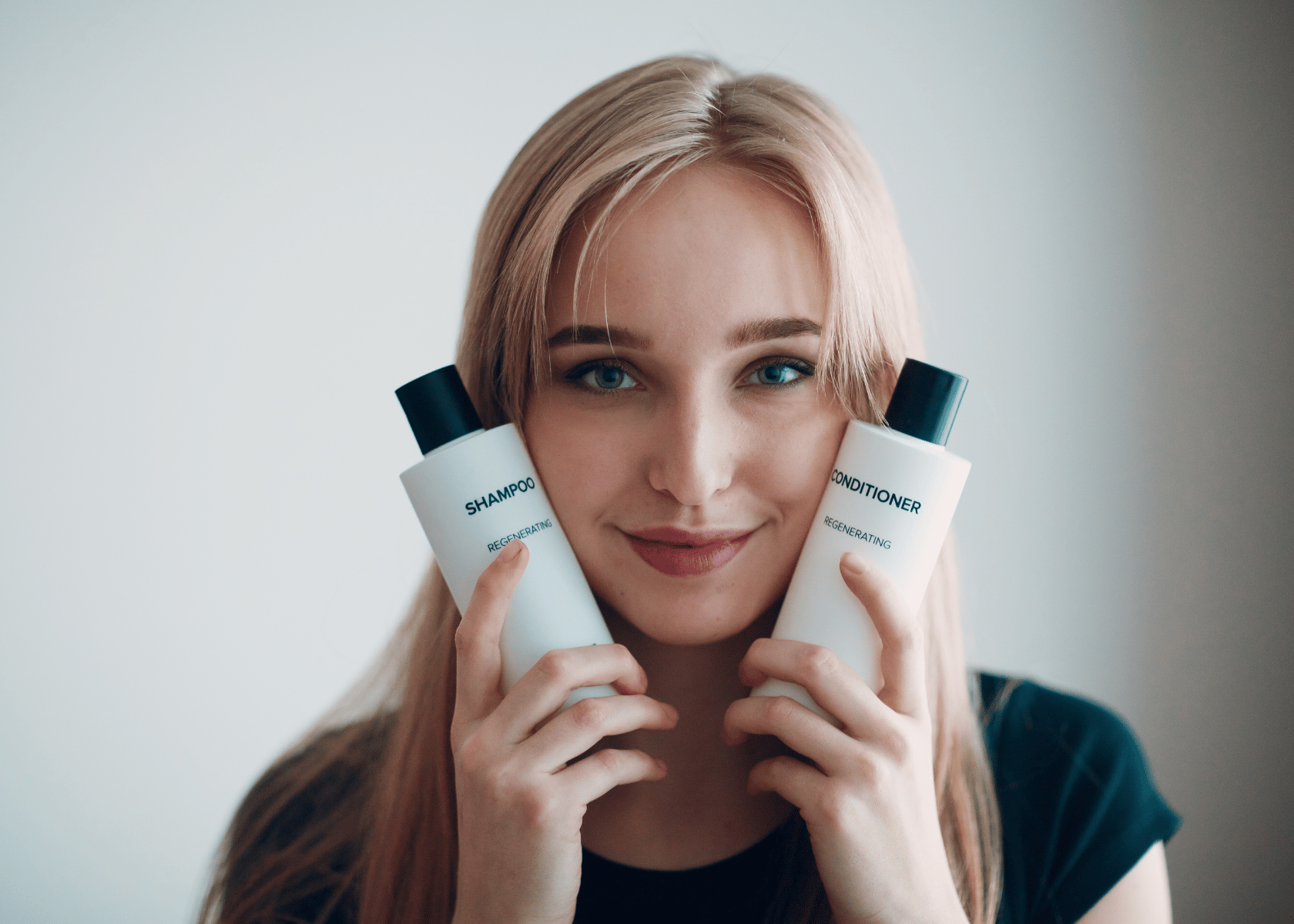
1. Can clarifying shampoo cause hair loss?
Yes, using too much can lead to brittle hair, an itchy scalp, and even hair loss because they clean out all buildup, including natural oils, from your scalp.
2. What other issues can arise from overusing clarifying shampoos?
Clarifying shampoos could also lead to hair damage like brittleness, weakening of the strands, or change in texture, resulting in overall thinning.
3. Are colored hairs safe with clarifying shampoos?
No, these strong types of shampoo are harmful for colored hairs as they may speed up color fading and add more damage.
4. How do I know if my hair is damaged?
Signs such as breakage and dryness causing brittleness and dandruff can point towards follicle damage, leading to overall thinning and fragility.
5. Is there any way to avoid this issue while still cleaning up product buildup?
Yes! You should only use these types of shampoo sparingly or when there's a lot of product build-up, giving attention not to harm your scalp.
Conclusion: Avoiding Hair Loss While Using Clarifying Shampoo
To avoid hair loss while using clarifying shampoo, it's important to use it in moderation. Excessive use of clarifying shampoo can strip your hair of its natural oils and moisture, leading to brittle hair and a dry scalp.
It's also important to choose the right shampoo for your specific hair type and follow proper application techniques. Remember, clarifying shampoo itself does not cause hair loss, but improper usage can lead to damage.



